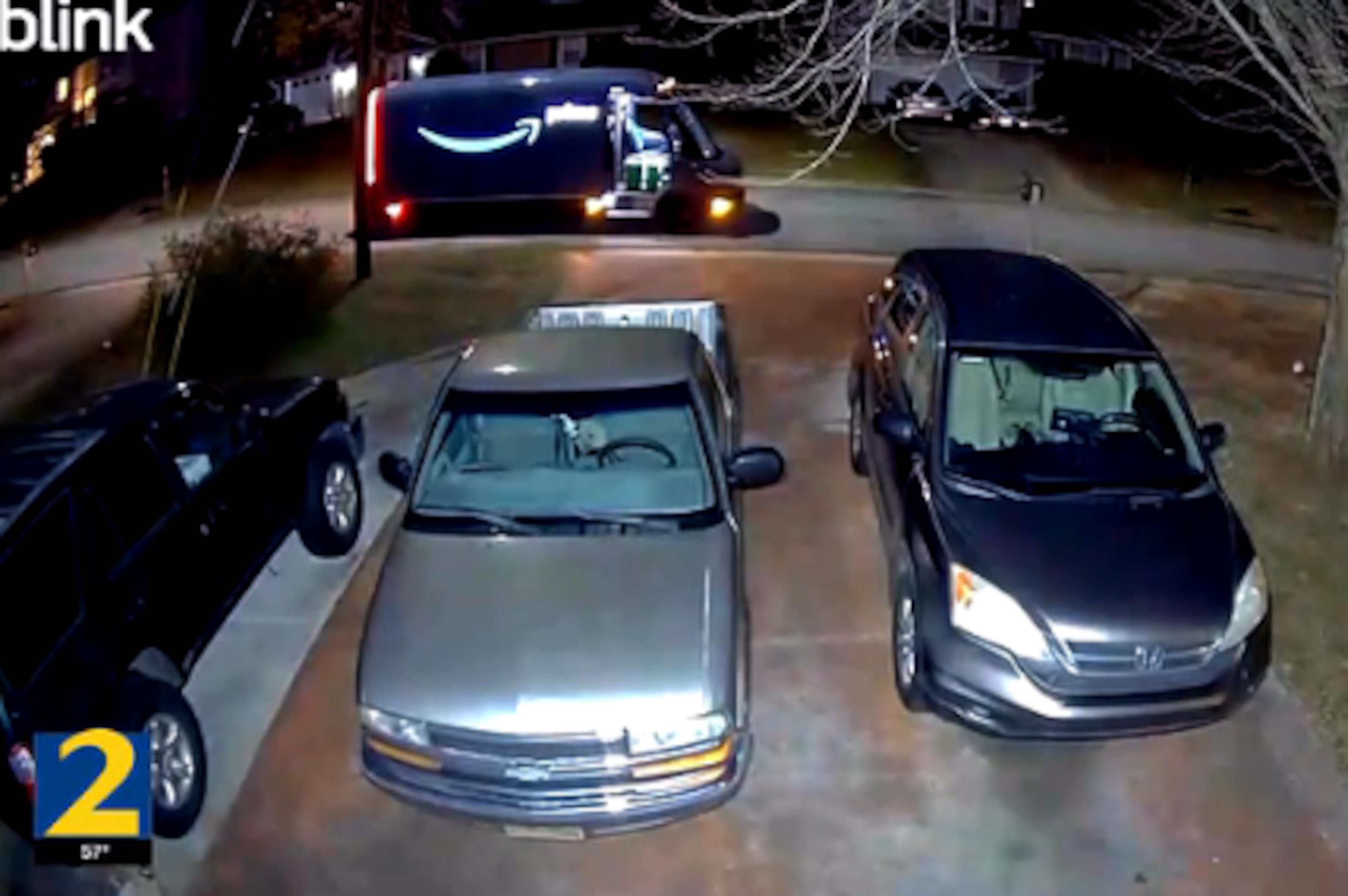Recycling is up in DeKalb after changes

DeKalb County has more than tripled its recycling collection since adopting a new process to address reports of sanitation crews mixing trash and recycling.
The changes began in late September, one week after The Atlanta Journal-Constitution wrote about commingling in a Stone Mountain neighborhood. In the five months since then, the county brought in 6,762 tons of recycling — more than DeKalb collected in all of 2022.
County commissioners have criticized the sanitation department’s handling of recycling complaints, saying officials didn’t take earlier reports of commingling seriously and dismissed them as isolated instances despite a dramatic decrease in collection rates that no one could explain. The county’s auditor has said DeKalb’s rates were an outliner compared to other area counties.
The current upward trend — on track to surpass the 2020 high of 14,458 tons — is a strong indication that commissioners’ fears of widespread commingling were founded, and much of what DeKalb residents sorted to be recycled instead headed to the landfill.
County officials believe their changes have fixed that.
DeKalb spokesman Quinn Hudson told the AJC in an email that the increase in recycling collections can be attributed to the sanitation department’s corrective action plan and the “successful mitigation of the commingling.” The new procedure introduced checks at every stage of the process, starting with curbside collection.
On the collection side, one of the biggest changes is the addition of six trucks to the recycling fleet. Unlike other trucks in the sanitation department’s fleet, the new trucks can be driven by people without a commercial driver’s license. The county has struggled to retain drivers who have a CDL.
Previously, a single truck would make three trips around a neighborhood: Once for trash, once for recycling and once for yard waste. Hudson said the non-CDL trucks are assigned exclusively to recycling collection.
The sanitation department has implemented additional changes once the trucks get to the county’s central transfer station. Trucks are weighed when they arrive at the facility to measure what’s been collected. Dedicated crews service the recycling trucks and supervise the drop-off. Foremen get a daily recycling report.
Next, recycling is loaded on tractor trailers and taken to Pratt Recycling, the company that process the county’s recycling. Pratt gives the county weekly and monthly recycling reports, which sanitation staff then reconcile with internal reports.
More recyclables made it to Pratt almost immediately after the changes were implemented, according to the monthly reports.
From January to September, DeKalb collected an average of 524 tons of recycling per month. In October, recycling collections jumped to 1,284 tons. In January, the 1,716 tons the county collected almost broke a record. Since the start of 2019, DeKalb has only surpassed that amount in one month, January 2020.
The changes so far have all been put forward by the sanitation department. Additional changes could be recommended by the county’s independent auditor, whose office launched a review into the recycling program in October.
The audit was initially projected to take two months. Auditor Lavois Campbell told commissioners this week that it’s still under review but would be completed soon.
Our reporting:
The AJC began looking at DeKalb County sanitation collections last year, after Stone Mountain residents complained that crews were mixing their trash and recycling. Using the Georgia Open Records Act, the AJC reviewed official complaints filed with the county (there was only one) and an AJC reporter followed crews and observed them comingling collections. The reporter also spoke to other residents who said they had seen it happening regularly. A week after the AJC published a story on the issue, county officials implemented a new process to insure trash and recycling isn’t mixed. The county’s independent auditor also launched a review of the program that is ongoing.



